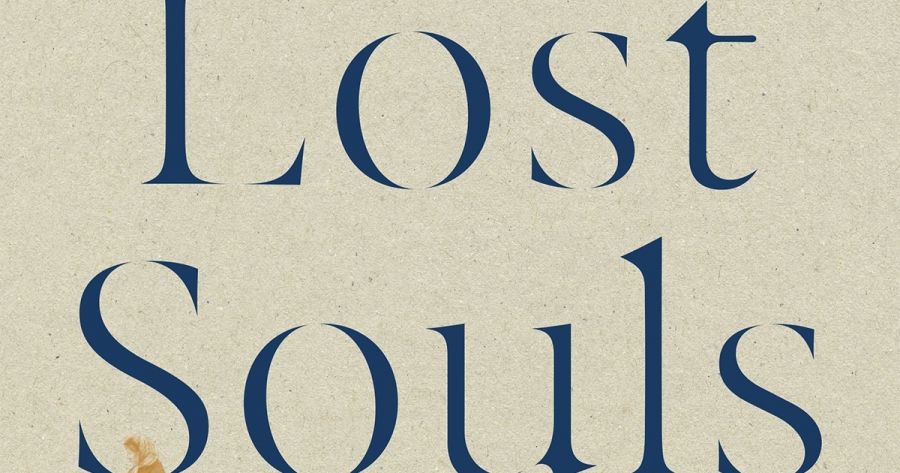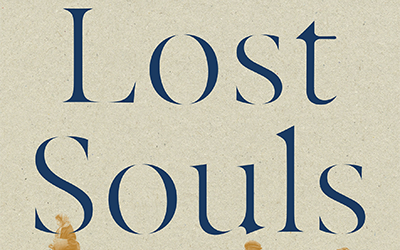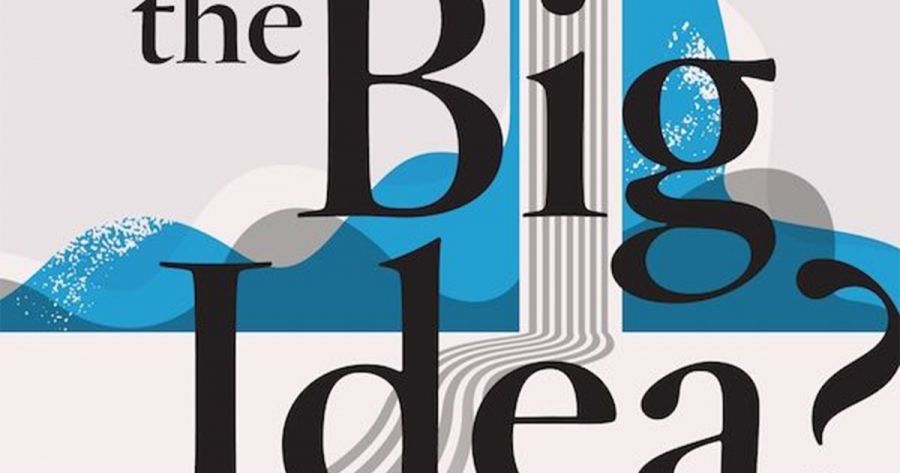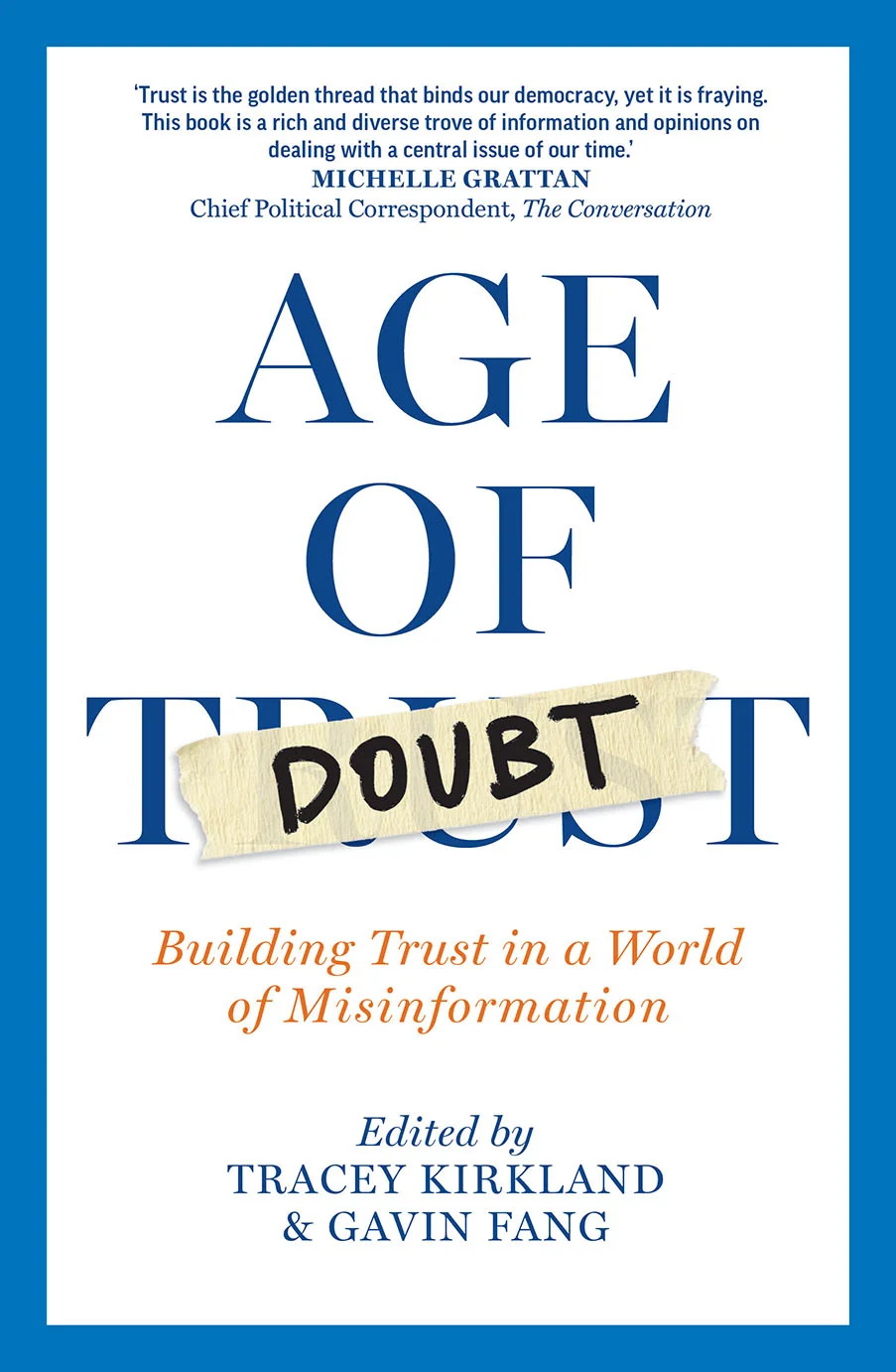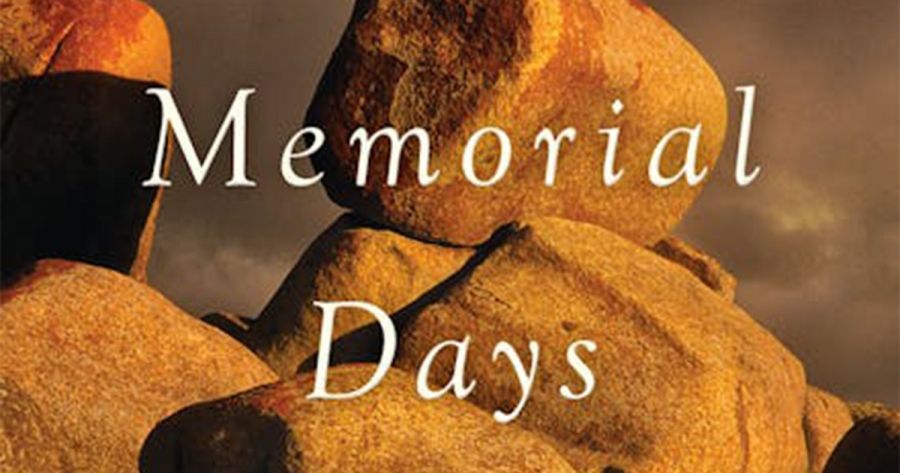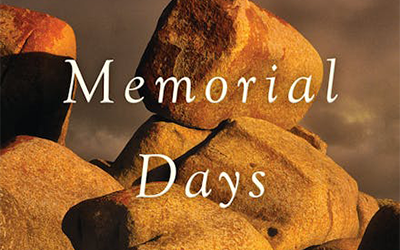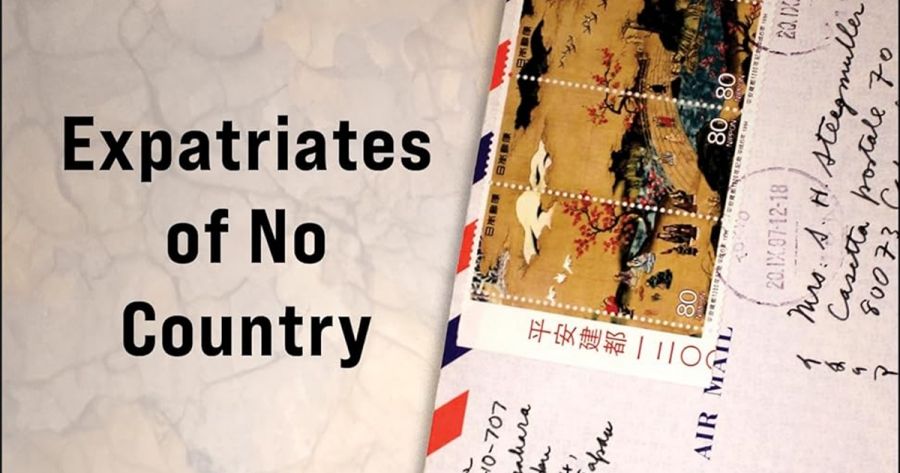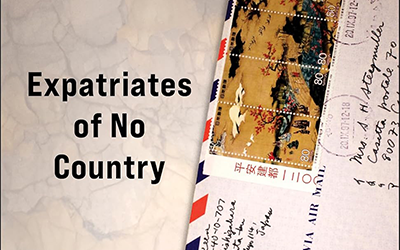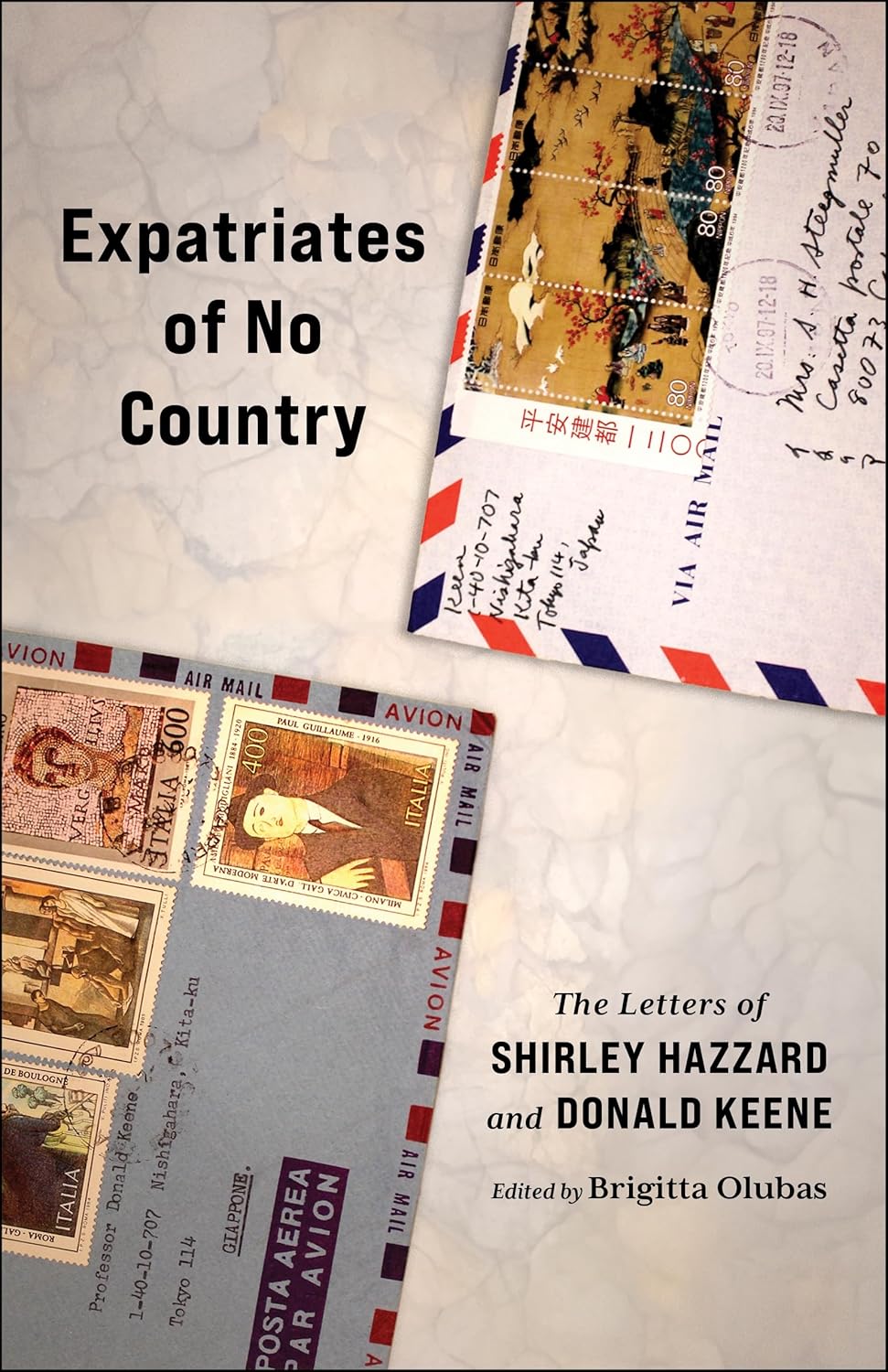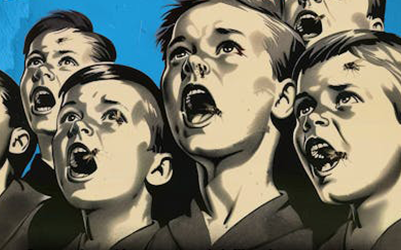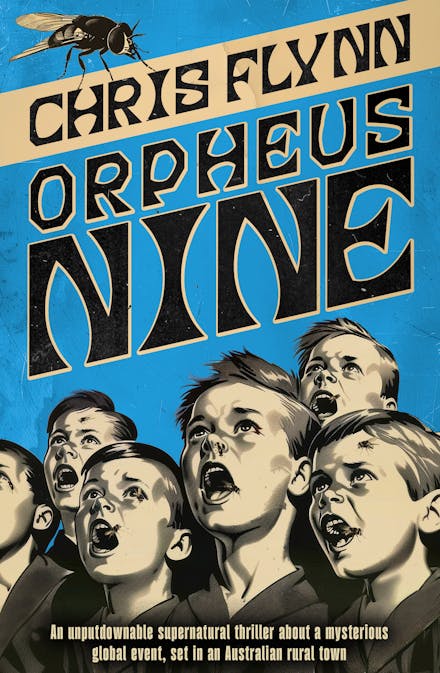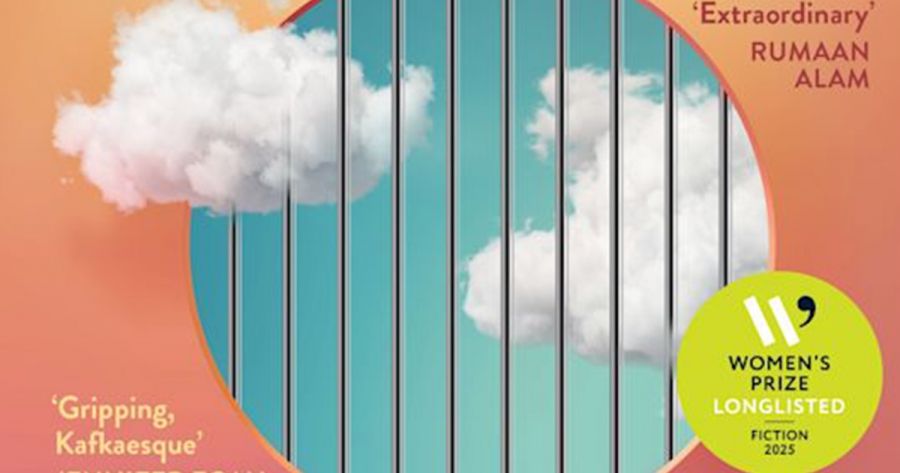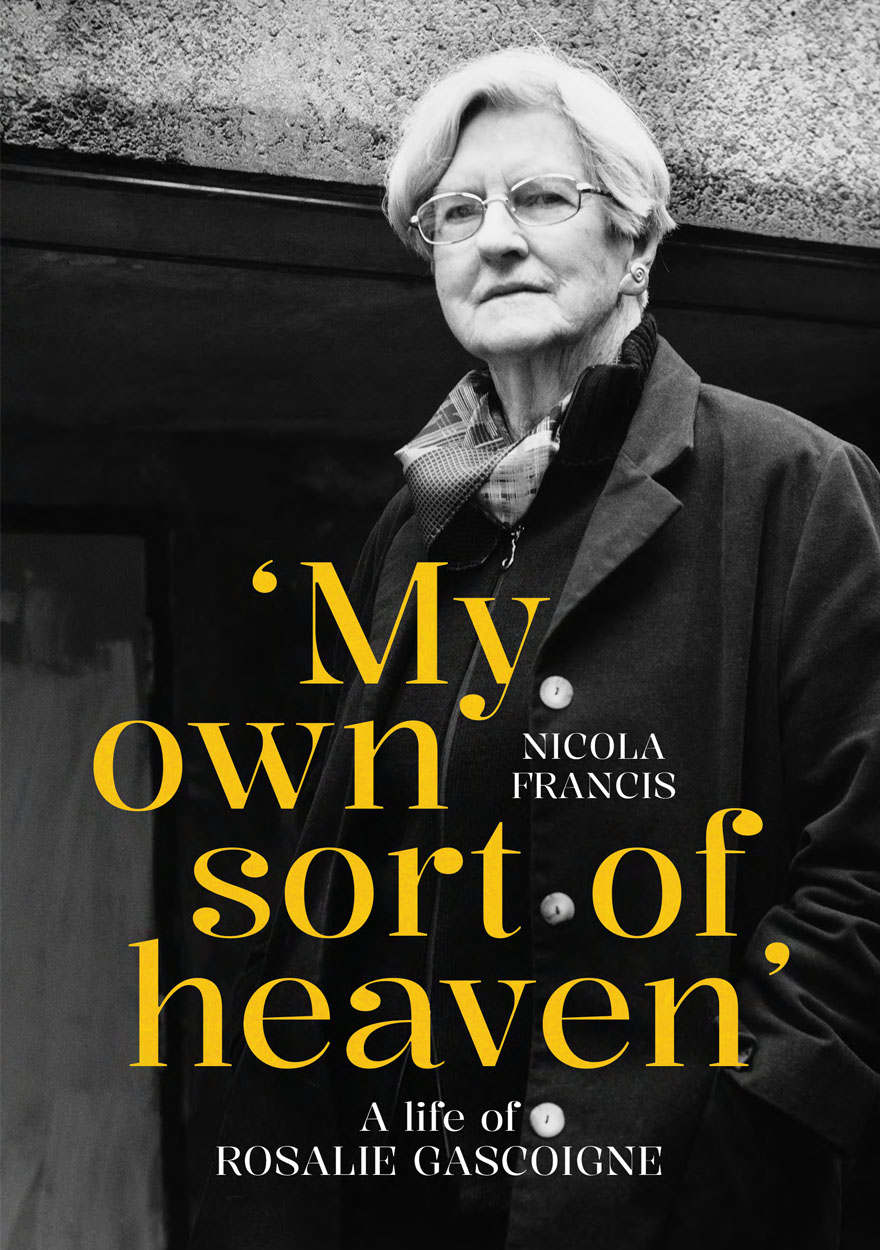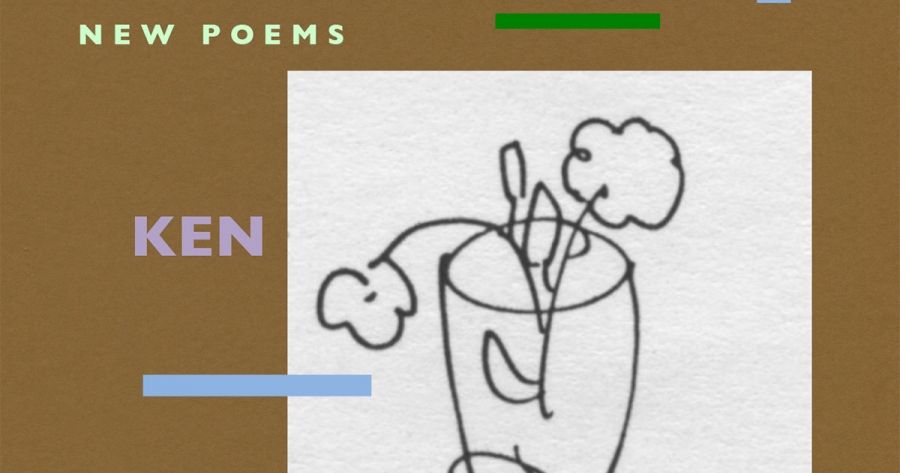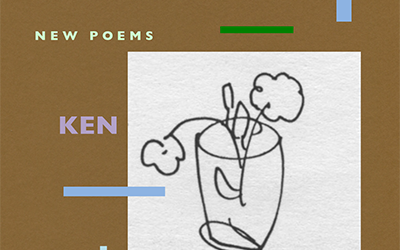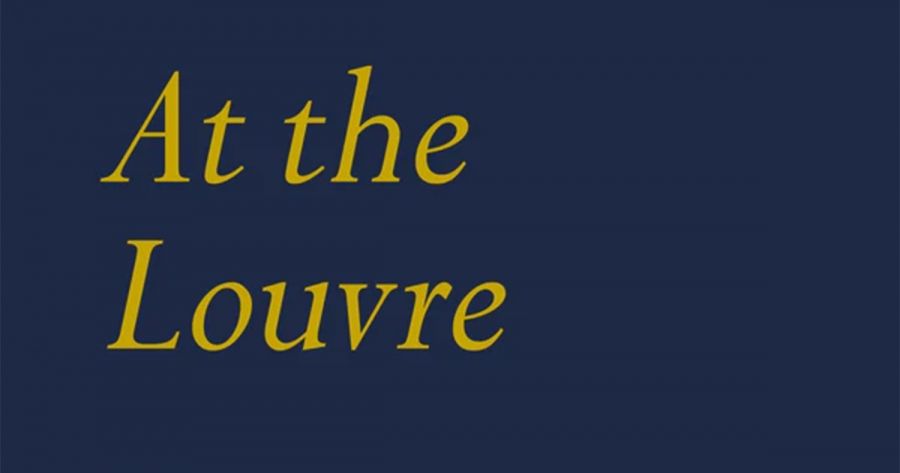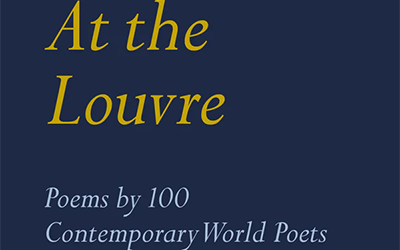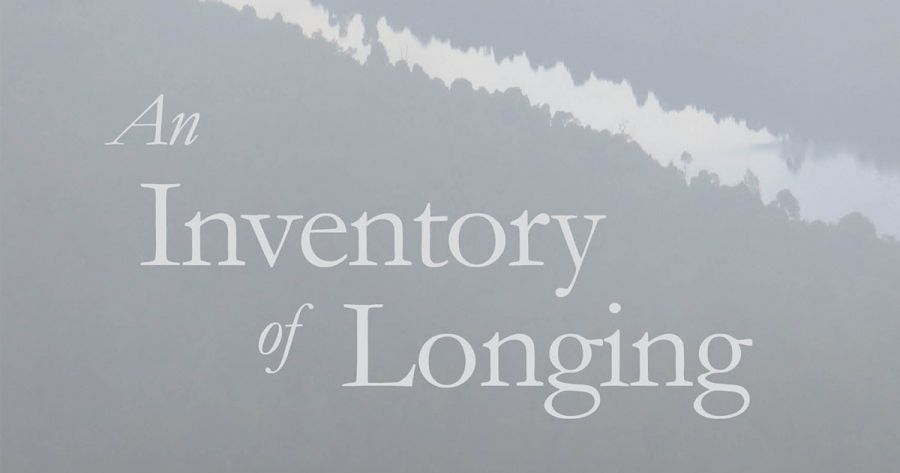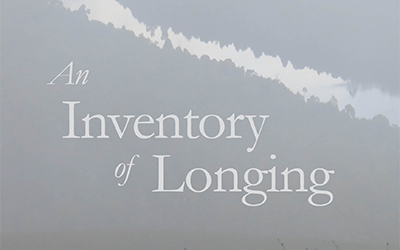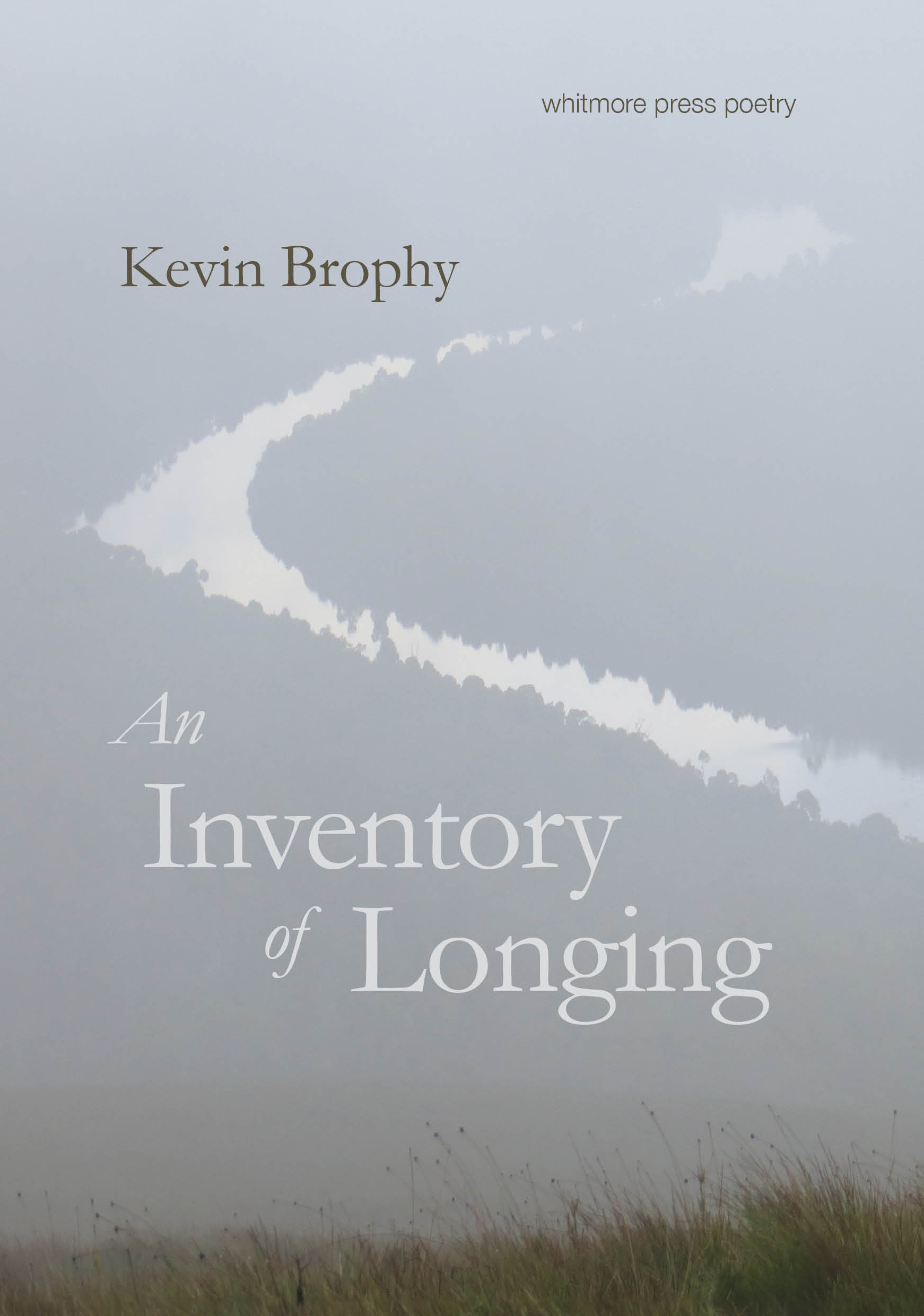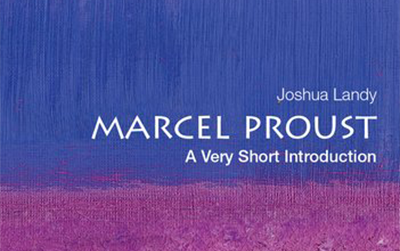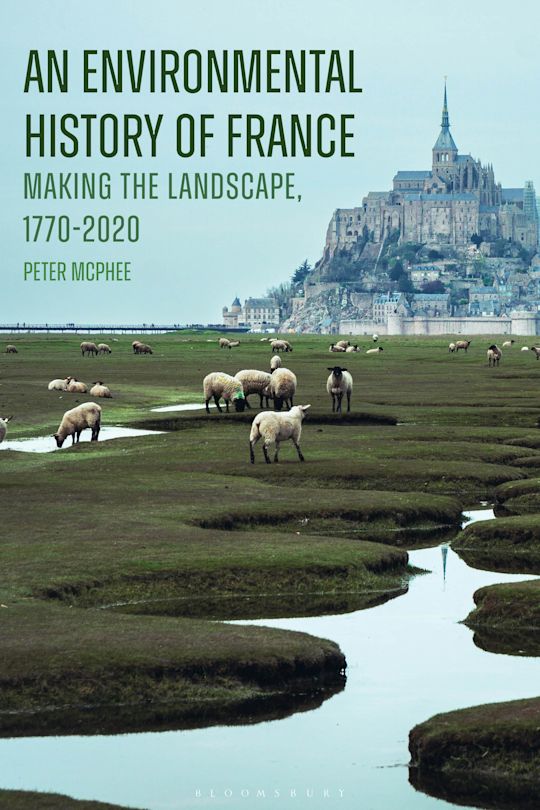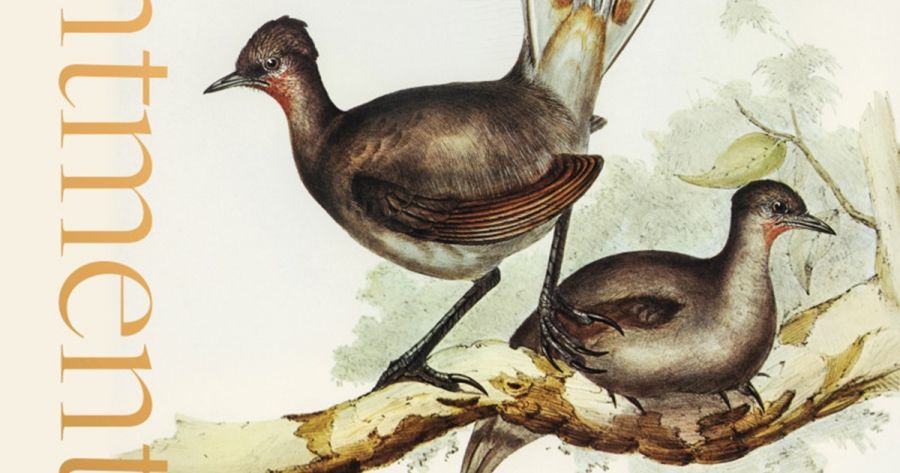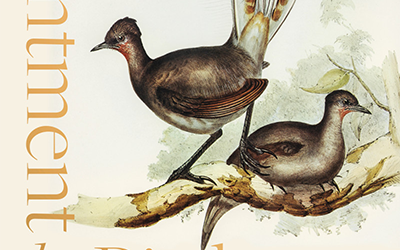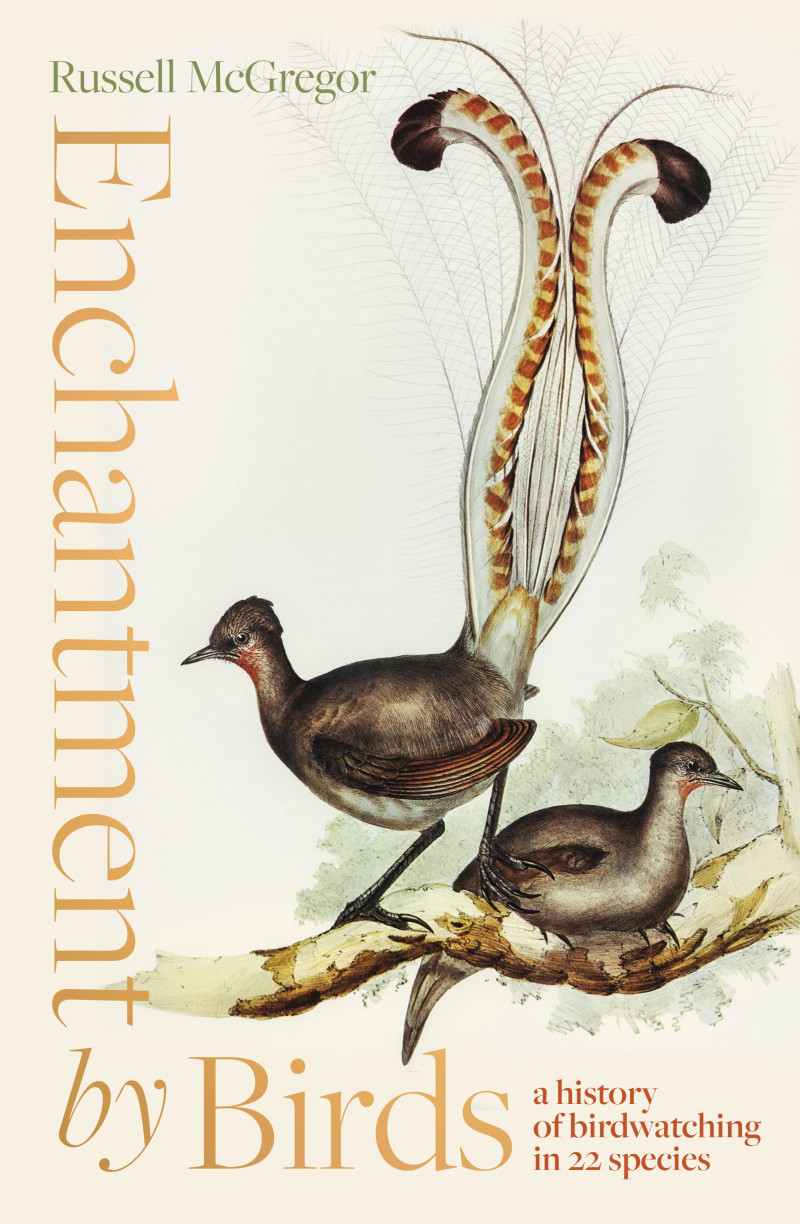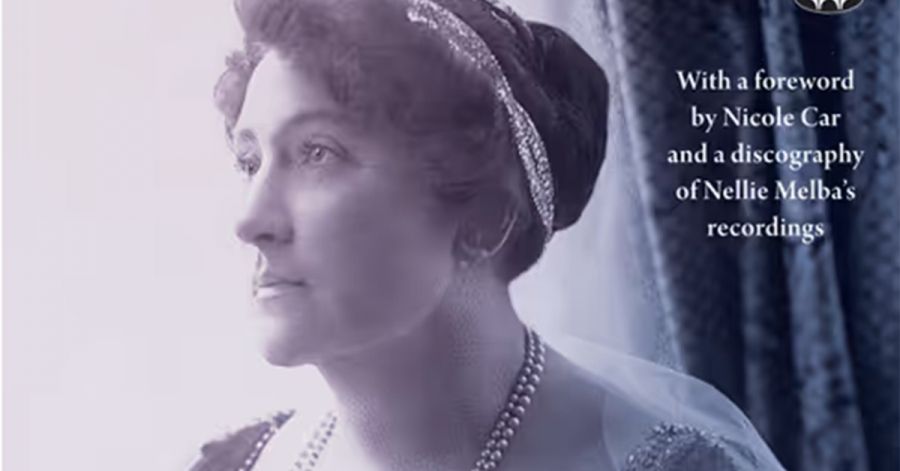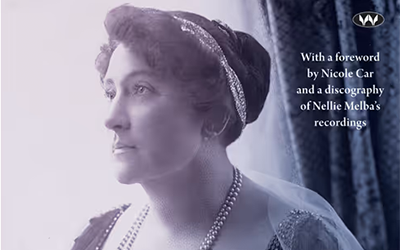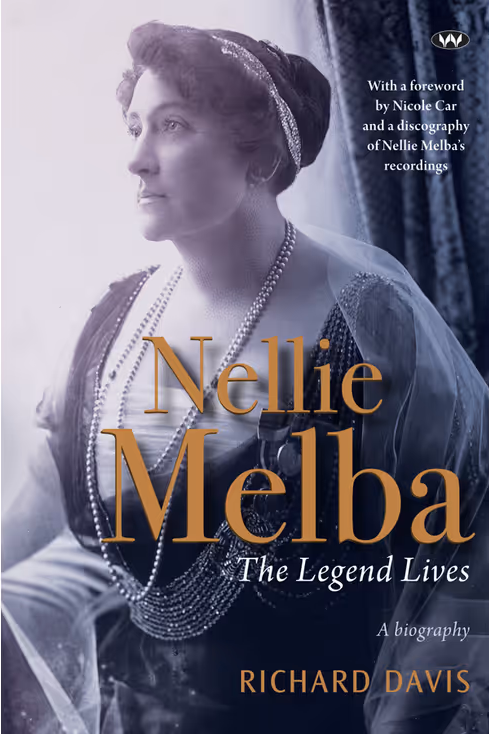- Free Article: No
- Review Article: No
- Article Title: Changes at Australian Book Review
- Online Only: No
- Article Hero Image Caption: (Photograph by Brent Lukey)
- Alt Tag (Article Hero Image): (Photograph by Brent Lukey)
I am delighted to congratulate Dr Georgina Arnott on her appointment as Editor and CEO of Australian Book Review. Following Peter Rose’s distinguished editorship of twenty-four years, Georgina’s appointment marks a major milestone in ABR’s history, and I know this news will be warmly welcomed by our many patrons, subscribers, contributors, and staff, who have already had the pleasure of engaging with Georgina in her previous role as Assistant Editor, where she has made invaluable contributions to the culture and direction of the magazine.
Georgina’s broad-ranging intellectual interests, outstanding leadership skills, deep knowledge of contemporary literature, and ambitious editorial vision for ABR make her an ideal Editor and CEO, and will stand the magazine in excellent stead for many years to come. Georgina possesses a profound appreciation for the singular role ABR plays in Australia’s cultural ecosystem; she is a passionate advocate for the art of criticism, and will continue the magazine’s proud tradition of championing and defending literature, the arts, and the humanities. Her commitment to nurturing the next generation of writers and critics will bring an energising plurality of views and diversity of voices to our pages, building on the magazine’s longstanding commitment to discovering, mentoring, and supporting new talent, while continuing to publish the very best Australian and international writing today. I have no doubt Georgina will also uphold the magazine’s strong entrepreneurial streak, and bring important innovations to our readers in due course.
At a time when the media landscape is contracting and increasingly polarised, ABR is a beacon for so many who turn to our pages for solace, provocation, rigorous debate, and timely and informed commentary. Indeed, it is no exaggeration to say that for many of our readers, ABR is an intellectual home. I am so pleased ABR has been fortunate enough to attract a leader of Georgina’s calibre, as she commands the requisite vision, skill, and commitment to deliver the same exceptional standard our readers have come to love and expect over so many years, while also bringing fresh ideas to invigorate our pages. I wish Georgina all the very best in her new role, and hope that our patrons, readers and contributors are as excited by this new chapter as we are. I look forward to seeing how Georgina will shape the urgent debates of our times – and to her own contributions to our pages, too.
Professor Sarah Holland-Batt
Chair
I am very happy to have been appointed ABR’s next Editor and CEO. ABR has become a vital publication in our society and played a powerful role in my life too. I first wrote for ABR in 2003, when I was in my early twenties and had just commenced an MA on Australian national poetry anthologies. One Peter Rose kindly extended the invitation. Through an interrupted university career – research and lectureships in literary studies, a turn to historical and biographical work, a period with young children – I continued to write for ABR, each occasion a reminder that there existed a public realm based around thoughtful conversation; that books were read, that art was seen, heard, and felt – and by active minds: that we were each elevated by this shared enterprise.
I have seen ABR from the inside and outside, as a reader, reviewer, essayist, book author, and editor, and can attest that this enterprise matters deeply to many people. The connection we experience on the page is real and to be nurtured.
ABR writers converse in the truest sense: they sit with a book, idea, or work of art; they turn over its possibilities. For me, these conversations – open spirited, informed, engaged – are fundamental to a humane, sophisticated, and mature society. I share with ABR readers a sense of the magazine’s distinctiveness and value, not least in these times of intellectual siloing, media contraction, illiteracy of various kinds, diminished public funding of the arts, the marginalisation of certain voices, and unsophisticated uses of artificial intelligence.
I look forward to being ABR’s next custodian after a period of extraordinary growth under Peter Rose, who has kept alive in Australia many of the values I revere and from whom I have received a world-class editorial apprenticeship. My story is echoed in the experience of dozens of early-career publishing professionals and writers who, without ABR, could not have gone on to distinguish the next generation of publishing and criticism.
ABR is peopled by writers, staff, supporters, and a board who take seriously the promise of our shared conversations. It will be my privilege to extend this critical undertaking.
Dr Georgina Arnott
Editor and CEO











